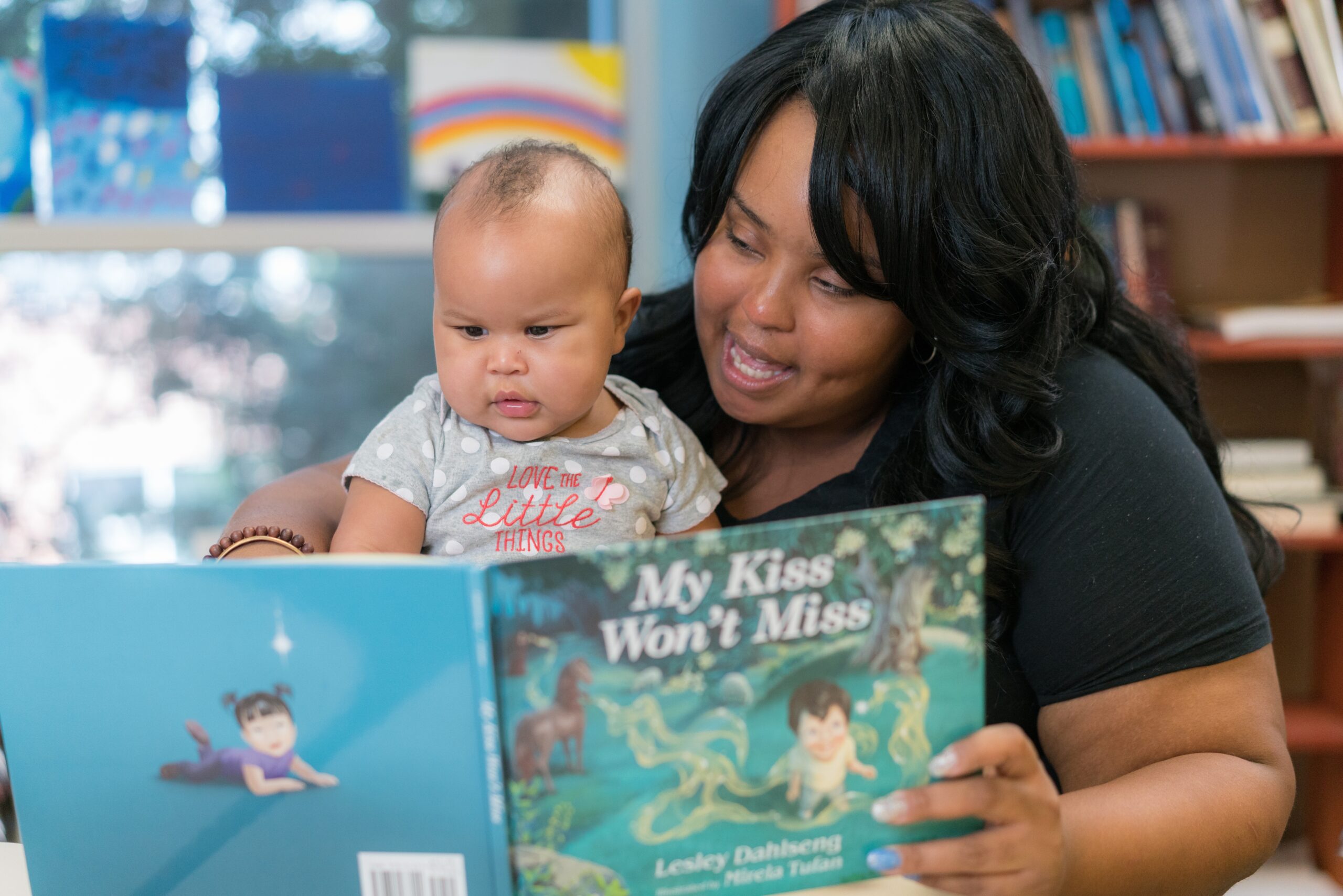News & Events
Homeless Children and Delayed Speech


The lack of stability in their living situation and the trauma experienced by homeless women result in these mothers not speaking to their children during their important developmental years as much as women in less stressful circumstances do. The result is reduced vocabulary, impaired language development, and even slowed critical thinking and comprehension. By one estimate, an at-risk 3-year-old has heard 30 million fewer words than a more affluent peer.
Helping kids catch up
The NIH article does report some good news, however: These same kids rapidly caught up to their peers when they were exposed to age-appropriate language-building activities. Their reduced language abilities, it turns out, are not about poverty as much as lack of access to learning experiences.
To address this issue and break the cycle of homelessness and hopelessness, Atlanta Mission is working with the Spread the Word program, a $1 million dollar grant opportunity provided by PNC bank and administered in partnership with the Atlanta Speech School and Children’s Museum of Atlanta. Program facilitator Crystal Gibson works with moms to create a culture of language that they’ll be able to pass along to their children.
Breaking the cycle of silence
In a Spread the Word session at Atlanta Mission, one of the moms participating left in the middle and didn’t return. She later came back to apologize to Crystal. She had gone to the bathroom, she said, and couldn’t stop crying after watching a video. In that moment, she realized that her low self-esteem and feelings of not being heard were creating the same problem for her child—she needed to develop her own voice to help her child develop his.
In this context especially, the old saying, “Children should be seen and not heard,” is not only wrong, it’s destructive.
Crystal says her experience at Atlanta Mission’s My Sister’s House was unlike any other she’s had in the Spread the Word program. “It pushed me out of my comfort zone and made me dig deeper to intentionally meet the participant needs,” she says. Atlanta Mission residents are in a particularly difficult situation, but one which motivates them to transcend it, do better for themselves and their kids. To address that need, Spread the Word partners provide parent engagement sessions, language-rich family field trips, books, coaching, resources and research based strategies.
The work of Spread the Word
The key concepts of the parent engagement sessions are threefold: building responsive relationships, enhancing conversational partnerships, and increasing interactive reading. It strives to promote conversations not only among parents and children, but within a supportive community. That’s the key to developing good communication skills that will help a child break out of language impairment—an issue that can make it difficult for a child to break free from a cycle of generational poverty and homelessness. The residents aren’t the only ones who have experienced positive change from working with the Spread the Word program. Crystal says, “It’s really fulfilling to help these moms and others to also dig deeply within themselves to discover strengths they may not have known they had. I feel that’s a part of my life’s purpose.”








